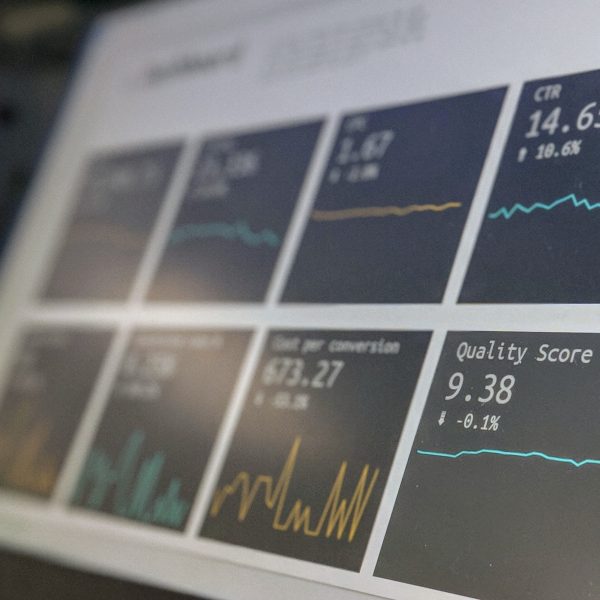What is Immunology?
Immunology is a subsection of biological and medical sciences. It covers the study of immune systems in all organisms. Veterinary immunology focuses on the immune systems of animals.
The immune system is a set of systems designed to protect us from infections and diseases. A broken immune system can lead to allergies, autoimmune diseases and even cancer.
An immunologist is a scientist or clinician who specialises in the immune system. Clinical immunologists focus on the diagnosis and management of autoimmune diseases and allergies.

Why is Immunology important?
Immunology has had many scientific breakthroughs. Including safe organ transplantation and blood group identification. In short, immunology is the face of modern medicine.
The study of immunology is important for both clinical and commercial sectors. Many important immune diseases still need further understanding and a cure, e.g. AIDS.
What do Immunologists do?
Immunologists diagnose, monitor and treat patients with a range of immune disorders. They study the physiological functions of the immune system.
Immunologists usually work in labs. Here, they study the physical and chemical characteristics of the immune system. They look at how living organisms experience a variety of allergies and hypersensitivities. As well as immune deficiency, transplant rejection and autoimmune disorders.
How do I become an Immunologist?
The most common route into Immunology is to first study one of the following at the degree level:
- Biomedical sciences
- Biology
- Microbiology
- Genetics
- Biochemistry
If you feel inspired, learn more about the role of an Immunologist here >>
Check out Chemical Engineers to see their list of accredited courses >>
Visit here if you want to read more about Immunology courses >>
British Society for Immunology >>






